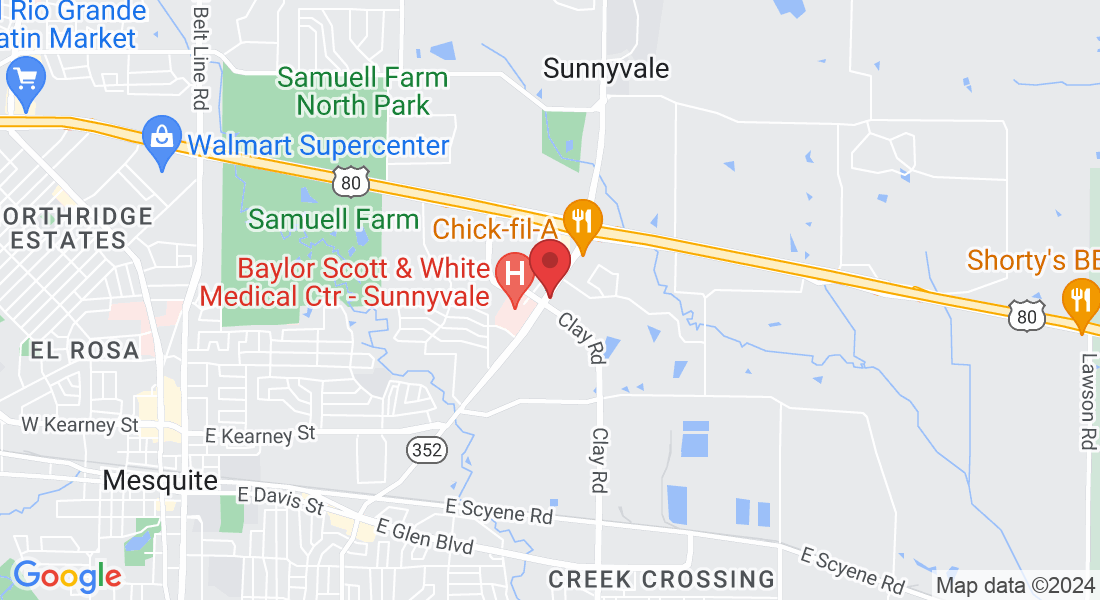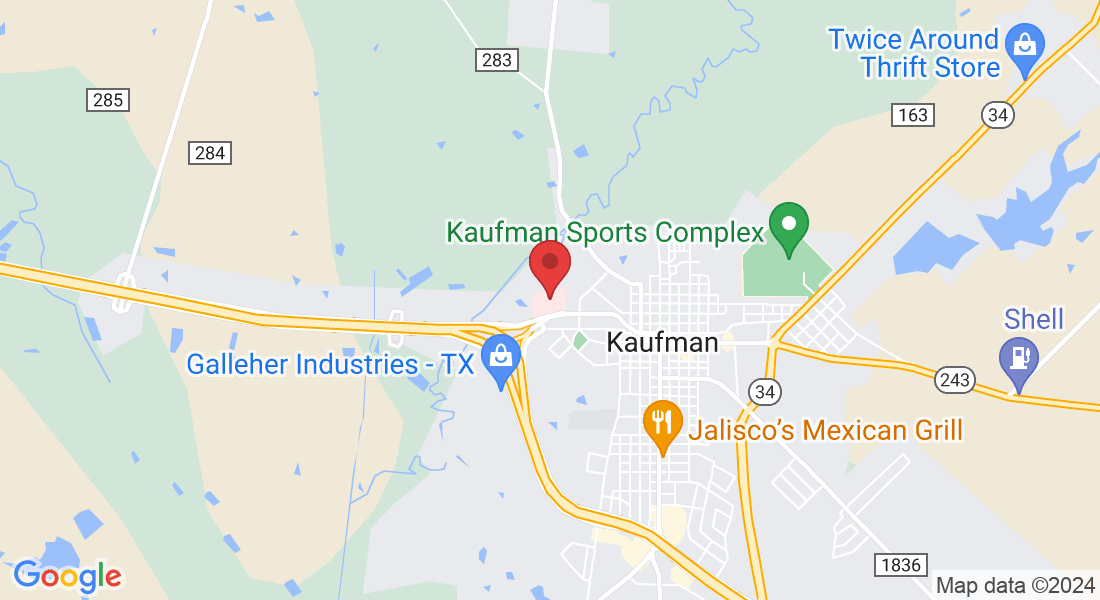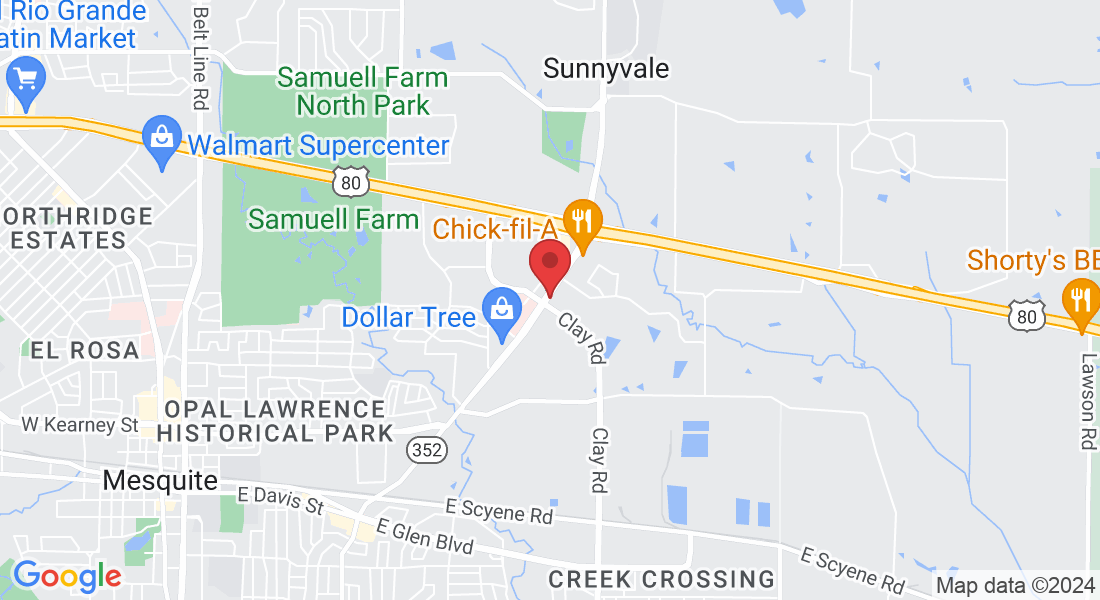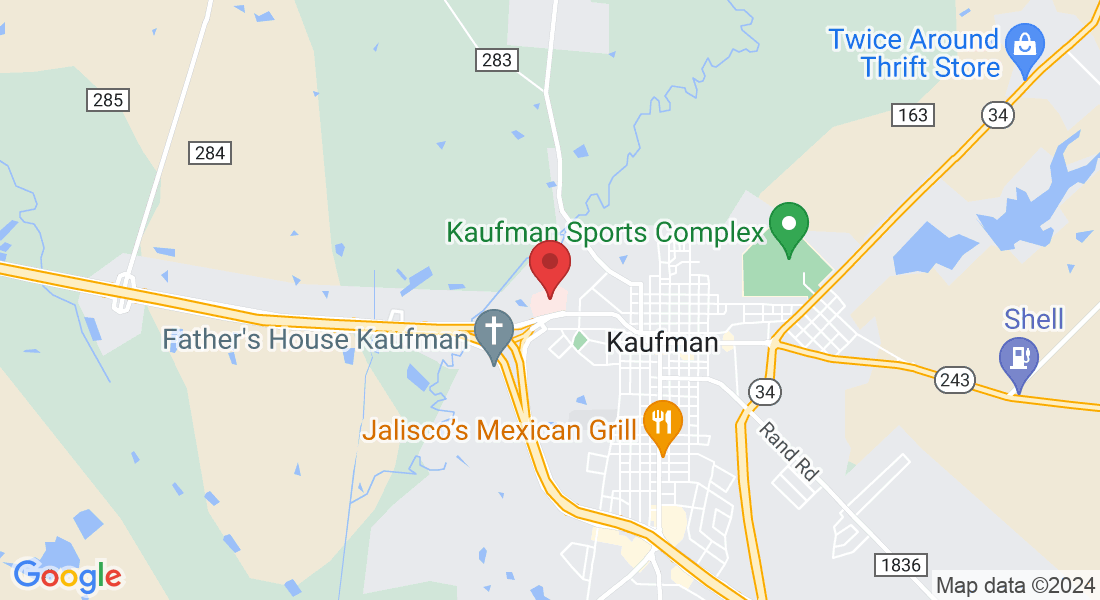214-256-3778
(214) 256-3770

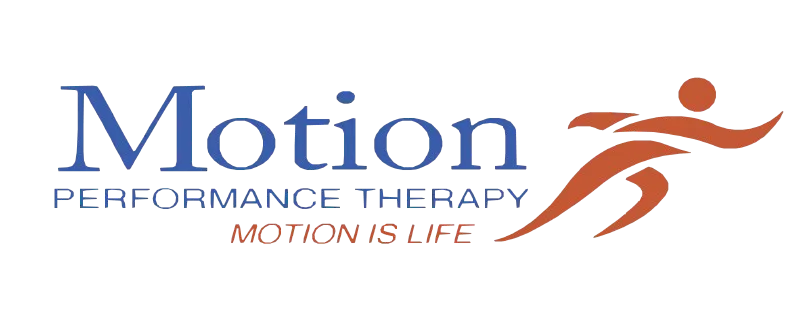
Rotator Cuff Tear Specialist
Patients from in and around Sunnyvale, Texas and the greater east Dallas area receive excellent treatment and care for rotator cuff tears with Jeff Zhao, DO at the Dallas Orthopedic and Shoulder Institute.


Rotator Cuff Tear Specialist
Patients from in and around Sunnyvale, Texas and the greater east Dallas area receive excellent treatment and care for rotator cuff tears with Jeff Zhao, DO at the Dallas Orthopedic and Shoulder Institute.
Rotator Cuff Tear Q & A
What Causes Rotator Cuff Tears?
The rotator cuff is the group of muscles and tendons that connect the upper arm bone (humerus) to the shoulder socket. The cuff provides mobility and support to the shoulder joint. Rotator cuff tears are injuries caused by either acute trauma or degenerative wear and tear.
For example, an acute tear could occur if a person falls on an outstretched arm or lifting an overly heavy item with a jerking motion. A tear can also occur with a broken collarbone or dislocated shoulder. Most degenerative tears occur because the tendon has worn down over time due to aging or overuse. The dominant arm is usually more susceptible to wear and tear. If you have a degenerative tear in one shoulder, likelihood of the second shoulder tearing increases.
Different factors can contribute to degenerative tears such as repeating the same motions over and over again. Sports such as baseball, tennis, rowing, and weightlifting can put a person at risk for overuse tears. Jobs and chores can also cause overuse tears.
As a person ages, the blood supply in the tendons also diminishes. This impairs the body's natural ability to repair it, ultimately leading to a tear.
What Treatments Are Used for Rotator Cuff Tears?
In most cases, the doctor will try non-surgical options to treat a rotator cuff tear. These may include resting the shoulder, avoiding activities which cause the pain, NSAIDs or other anti-inflammatory drugs, physical therapy, stretching exercises, or steroid injections into the joint. However, when these do not provide adequate relief surgical treatment can be necessary.
What Is Rotator Cuff Surgery?
When a rotator cuff tear is severe or hasn’t responded to less invasive treatment, Dr. Zhao may suggest surgical repair. Rotator cuff surgery can improve shoulder strength and range of motion, allowing a patient to return to normal activities and strength. Surgery to fix a torn rotator cuff tendon typically includes:
Removing loose fragments of bursa, tendon, and other debris from the area inside the shoulder where the rotator cuff turns.
Making additional room for the rotator cuff tendon so that it is not irritated or pinched. If required, this will include shaving the bone or removing bone spurs from the end of the shoulder blade.
Sewing together torn edges of the supraspinatus tendon and to the top of the upper arm bone.
Arthroscopic surgery is the most common form of surgery performed on the shoulder. However, Dr. Zhao may need to do open-shoulder surgery for severe cases.
Rotator Cuff Tear
Q & A
What Causes Rotator Cuff Tears?
The rotator cuff is the group of muscles and tendons that connect the upper arm bone (humerus) to the shoulder socket. The cuff provides mobility and support to the shoulder joint. Rotator cuff tears are injuries caused by either acute trauma or degenerative wear and tear.
For example, an acute tear could occur if a person falls on an outstretched arm or lifting an overly heavy item with a jerking motion. A tear can also occur with a broken collarbone or dislocated shoulder. Most degenerative tears occur because the tendon has worn down over time due to aging or overuse. The dominant arm is usually more susceptible to wear and tear. If you have a degenerative tear in one shoulder, likelihood of the second shoulder tearing increases.
Different factors can contribute to degenerative tears such as repeating the same motions over and over again. Sports such as baseball, tennis, rowing, and weightlifting can put a person at risk for overuse tears. Jobs and chores can also cause overuse tears.
As a person ages, the blood supply in the tendons also diminishes. This impairs the body's natural ability to repair it, ultimately leading to a tear.
What Treatments Are Used for Rotator Cuff Tears?
In most cases, the doctor will try non-surgical options to treat a rotator cuff tear. These may include resting the shoulder, avoiding activities which cause the pain, NSAIDs or other anti-inflammatory drugs, physical therapy, stretching exercises, or steroid injections into the joint. However, when these do not provide adequate relief surgical treatment can be necessary.
What Is Rotator Cuff Surgery?
When a rotator cuff tear is severe or hasn’t responded to less invasive treatment, Dr. Zhao may suggest surgical repair. Rotator cuff surgery can improve shoulder strength and range of motion, allowing a patient to return to normal activities and strength. Surgery to fix a torn rotator cuff tendon typically includes:
Removing loose fragments of bursa, tendon, and other debris from the area inside the shoulder where the rotator cuff turns.
Making additional room for the rotator cuff tendon so that it is not irritated or pinched. If required, this will include shaving the bone or removing bone spurs from the end of the shoulder blade.
Sewing together torn edges of the supraspinatus tendon and to the top of the upper arm bone.
Arthroscopic surgery is the most common form of surgery performed on the shoulder. However, Dr. Zhao may need to do open-shoulder surgery for severe cases.
Our Patient Reviews
Our Patient Reviews
Our Locations
Dallas Orthopedic and Shoulder Institute - Sunnyvale
Office Hours
Monday through Friday - 8:00am – 5:00pm
Saturday & Sunday – CLOSED
Motion Performance Therapy - Sunnyvale
Clinic Hours
Monday through Thursday - 7:00 am - 5:30 pm
Friday, Saturday & Sunday - CLOSED
Phone Number:
214-256-3778
Address
222 South Collins Road, Suite 101
Sunnyvale, TX 75182
Dallas Orthopedic and Shoulder Institute - Kaufman
Office Hours
Monday through Thursday - 8:00am – 5:00pm
Friday, Saturday & Sunday - CLOSED
Motion Performance Therapy - Kaufman
Clinic Hours
Monday through Thursday - 7:00 am - 5:30 pm
Friday, Saturday & Sunday - CLOSED
Phone Number:
214-256-3778
Address
874 Ed Hall Dr Suite 104, Kaufman, TX 75142 (Professional building next to Texas Health Presbyterian Hospital in Kaufman)


Copyright 2026Dallas Orthopedic and Shoulder Institute. All rights reserved
Our Locations
Dallas Orthopedic and Shoulder Institute - Sunnyvale
Office Hours
Monday through Friday - 8:00am – 5:00pm
Saturday & Sunday – CLOSED
Dallas Orthopedic and Shoulder Institute - Sunnyvale
Clinic Hours
Monday through Thursday - 7:00 am - 5:30pm
Friday, Saturday & Sunday - CLOSED
Phone Number:
214-256-3778
Address
222 South Collins Road, Suite 101
Sunnyvale, TX 75182
Dallas Orthopedic and Shoulder Institute - Kaufman
Office Hours
Monday through Thursday - 8:00am –5:00pm
Friday, Saturday & Sunday - CLOSED
Motion Performance Therapy - Kaufman
Clinic Hours
Monday through Thursday - 8:00am –5:00pm
Friday, Saturday & Sunday - CLOSED
Phone Number:
214-256-3778
Address
874 Ed Hall Dr Suite 104, Kaufman, TX 75142 (Professional building next to Texas Health Presbyterian Hospital in Kaufman)


